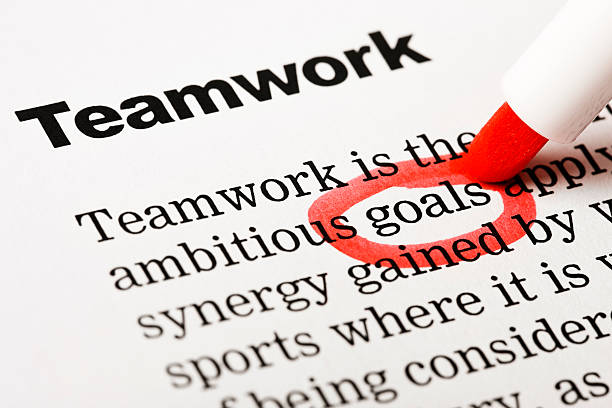Parents and teachers both have the same objective – to ensure the best possible education of the student. Their interests are well aligned and their incentives are, to some degree, as well. What I mean by that is, that parents have a natural incentive to see their children do well in school. Teachers have a monetary as well as a professional interest in the students’ success. Why does such a well-aligned partnership often run into rough weather then? The most common reasons are:
Student grades:
Teachers blame it on parents. Parents think teachers are not paying enough attention to their children. The argument goes on.
Parental affection
Parents often fail to observe problems with their child’s behavior when it’s apparent or even obvious to others. This one is interesting and a recent example comes to mind. A five year old girl decided to bully and verbally abuses a classmate. The child at the receiving end of this assault maturely decided not to respond to the instigation. Instead of being sorry, the “bullying kid” and their parent complain to the teacher. They complain about how this other girl is refusing to be friends with her and is being rude. The teacher has no time to understand the real dynamic. Then the teacher summons the other kids’ parent who is shocked to hear about what’s going in school.
They bring in a mediator who sits is provided the permission to observe the classroom from a hidden camera. This is done during certain classes and between classes, under strict guidelines of confidentiality. The mediator quickly understands the problem and helps the two parents. Turns out that the bully kid not only verbally abuses this girl but tries it on many others. The girl’s parents are in disbelief and still somewhat in denial. But at least the facts are there and the other parents and the teacher are now at peace and both kids are not affected by or even aware of this exchange.

How Parent-Teacher Disputes Work
Such instances are not uncommon. Typically the sequence of actions that occur after such disputes is as follows:
- Teacher meets in the presence of the two parents involved. The parents exchange words, often in a tone that suggests their obvious defense of their own child’s behavior. They become pseudo-lawyers for their children. The teacher is often not interested in or even has their own opinion which on incomplete information, or worse, personal bias for one of the students based on their past experiences with the kids but without any specifics or facts surrounding the current issue at hand. The conversation does not go well. Heated words are exchanged. It’s decided to bring in a mediator, but not a professional one – another teacher or counselor.
- The other teacher ends up in the exact situation, even worse, because they have even lesser information or time to deal with this case. Counselors often address the issue not from a conflict-resolution standpoint but rather from a behavioral therapy standpoint. Which is great, but neither parent is happy because they are not convinced that their kids need any therapy.
- Finally, if matters continue to get worse, a professional mediator is summoned. Professional mediators that are experienced in educational disputes know where to start and use tools at their disposal to quickly bring the two parents in agreement about the rules to be followed for the mediation. The presence of such a third party that has no personal interest or bias helps bring the case to resolution quickly. Facts reveal where the root cause of the issue is and with the school’s help, a course of action is made available without affecting the children’s school lives.
The Sooner The Better
Our experience shows that the earlier mediators get involved in a dispute, the lesser the impact on the children involved in the case. After all, it is the children that have to live with the after-effects of such disputes every day of their school year.
